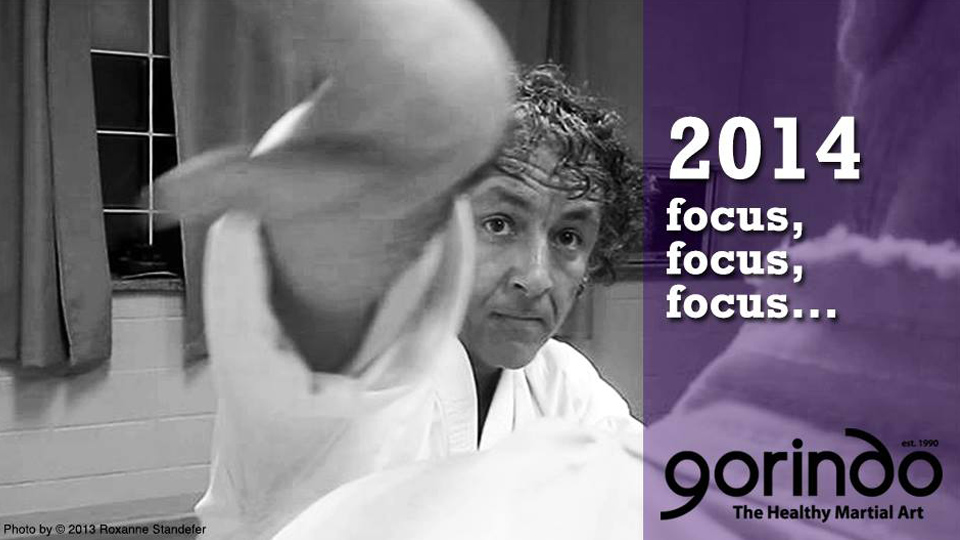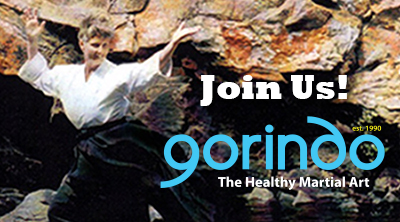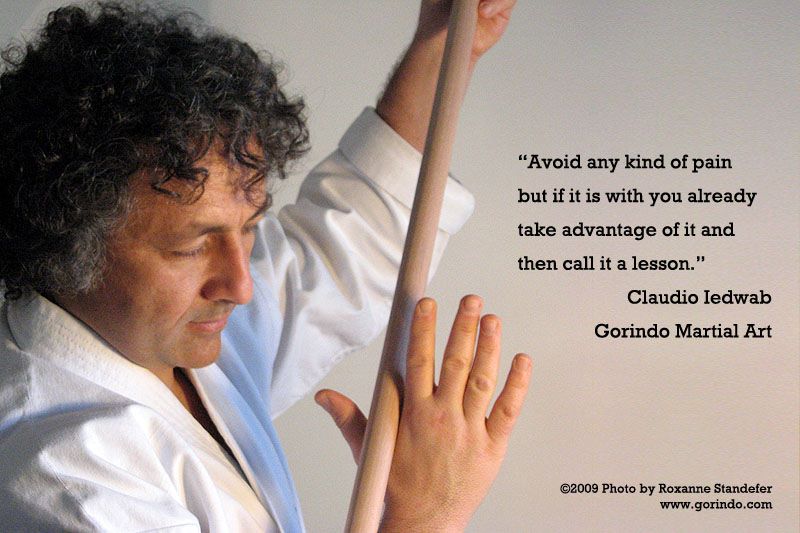Fighting skill and doubts, many dobuts
I have recently joined a Martial Arts class whose main focus is fighting. I have heard the hanshi state "we will learn how to fight but we must not hurt one another". In a tournament there is a different story than what he expects. I came from a different school where we did not focus so much on fighting, so my skills are very poor. I have been trying to sharpen my fighting skill but keep finding myself acquiring more bodily injuries than knowledge or skill. Standing as high kyu ranking belt I feel the obligation to tough it out, but how do I achieve the standing I must accomplish.
I have noticed I do not apply all the blocks I know, and my hanshi states I must learn to execute more than one attack. For example, I will punch and pull back, or sidekick and pull back. I am doing something wrong, because I know have a cracked cartilage in my dominant hand and hematomas on the side of my neck and floaters in my field of vision from a punch in the right eye. Is there something I can buy and read, or with time and patience will I master my fighting skills. I am embarrassed to go to work, because I do not want people to think my husband beats on me. Yet, I want to continue with my new hanshi and make him and myself proud of our accomplishments. Do I need to "tough it out"? - Gigi
You do not need to walk the path of "toughing it out". More bruises and serious injuries may be the consequence. Training to acquire and improve jiyu-kumite (free-sparring) skill should be progressive, step by step, and free of anything but the occasional accidental injuries.
Technically you have to go back to basics and reinforce them until you really gain confidence with their execution. Practice three steps (sambon) and one step (ippon) kumite (prearranged sparring) to tune up your continuity of techniques, as well a better management of distance (maai) and timing.
Train specific sequences that suit your personal skill level, and not your belt degree, with partners that want to co-operate with your progress in a healthy manner, with control (physically and mentally), quality and accuracy. Exercise clear communication of intention and purpose with your sparring partner. He/she should understand your experience and concerns, if not, do not expose yourself to injuries.
Your teacher should allow you to wear appropriate sparring equipment (pads, helmet, etc.) even when you turn into a fabulous martial artist. If your discipline trains and promotes non-contact, then that is what your classes and teacher should emphasize. Practice good and strong defenses, agility and mobility in your footwork. Add a good routine of flexibility and relaxation. Daily mental focus, deep breathing training and meditation will improve your spirit and clear your mind of doubts and uncertainties.
You and your teacher should be proud of your health and well being, and not your increasing endurance for pain and bruises. After all, the martial arts should help you to prevent injuries and not to acquire them. Have a good conversation with your teacher about it, and with sincere respect ask him/her to contribute with your development as a martial artist without any concerns for grades or seniority in the class.
Please, read and study our books The Secret Art of Health & Fitness and Martial Arts - Mind & Body. You may order them in your local bookstore or online. They will provide you with a greater understanding and needed elements to progress as a martial artist in a healthy fashion.






